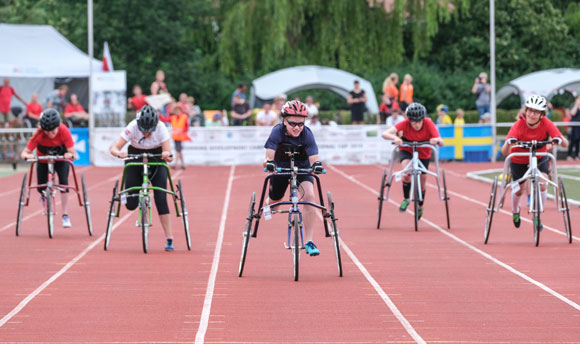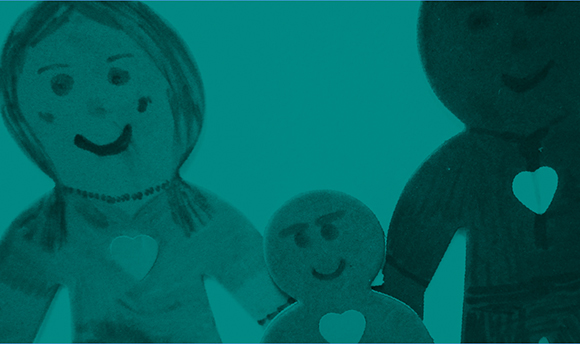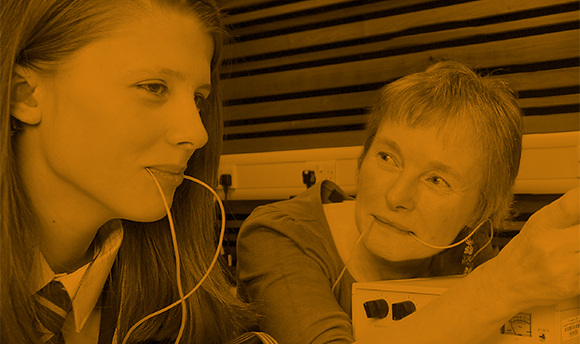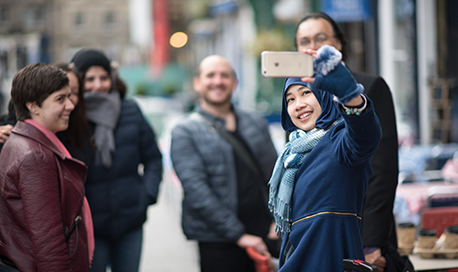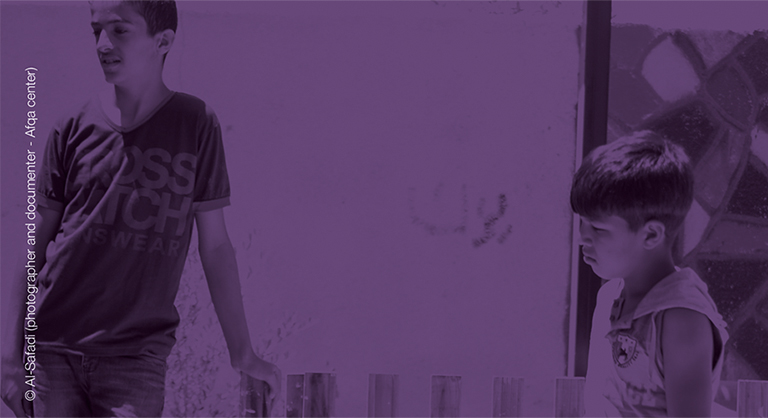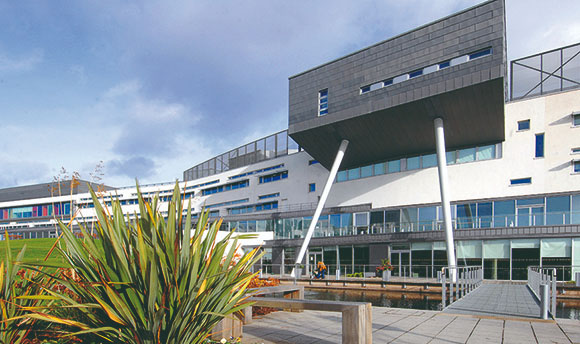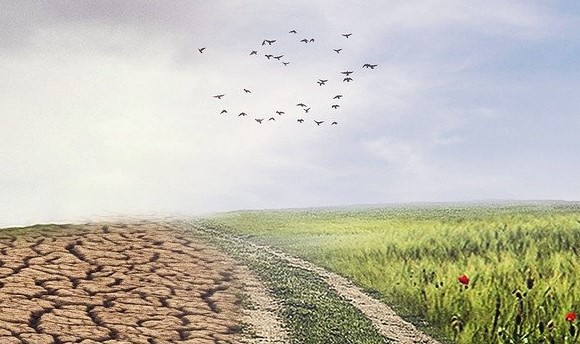Support After COVID: health and social care delivery for COVID-19 and influences on access to support across Scotland
This project is now complete, and you can find the results at Support After Covid-19.
- Project
- Where might this research lead?
- How will the funding help you?
- Useful Contacts
In May 2020 we were funded by the Chief Scientist Office to explore what support needs people have after experiencing illness (particularly Covid-19) in isolation. We made recommendations for support and explored stakeholders’ views about appropriateness of, and access to, the support suggested. From the outset we believed it was a valuable opportunity and important ethically to design in further study stages. Our international online survey had over 800 responses, 202 of whom were willing to be contacted again after six months (in January-March 2021) to find out more about their experiences of accessing and receiving support through a further survey and individual telephone interviews (ethical review complete). We are therefore ideally placed to find out about people’s experiences of seeking appropriate support, asking the following questions:
- Have participants’ scores on the questionnaires measuring loneliness and post- traumatic stress changed over time?
- Have participants been able to access support for health and wellbeing that they need and what has this been like?
- What are people’s thoughts on health and social care service provision currently?
Our highly applied, pragmatic study has a person-centred and collaborative ethos. We will send our follow-up survey (online link) to 202 people in our email database. Those who are willing will complete this and if interested in being interviewed, will provide further consent. We aim to conduct up to 30 audio-recorded individual semi-structured online/telephone interviews.
As impactful outputs of our project we will produce short, accessible information summaries (podcasts, infographics) to support people accessing services supporting recovery, and inform policy and service design. A further output will be development of a strategic framework for cross-sector working to support recovery.
We have an established social media presence (Twitter handle @SupportAfterCovidStudy) and impact plan that we will use to ensure the findings of this project are communicated and used. We intend that our findings will be used to inform inter-sectoral policy development, demonstrating the wide-ranging impacts of the pandemic in relation to people’s health and wellbeing. By following up with people who participated in our survey earlier in the pandemic we can give some information on whether people’s experiences of support are changing and where further support is needed. Through the qualitative interviews we will be able to gain greater insight into issues influencing access to support and this will provide further avenues for research.
This funding has been extremely timely for us, providing further employment for a valuable member of our team who was employed as the researcher in the project funded by the Chief Scientist Office. This has enabled her to progress her research career and develop further within the research team. We are a multidisciplinary team who ‘banded together’ for the first time early in the pandemic. We are growing in strength and capacity, and this funding is helping us to progress further by completing and disseminating the longer-term study. This creates solid foundations for further work; we have submitted a further grant application to the Chief Scientist Office. The funding provides backfill for staff members and supports our growing collaboration with ‘Long Covid Scotland’. The funding is enabling us to develop more approachable, user-friendly mixed-media messages as an output of our research, which will support greater impact.
Contacts
Staff Profile
Prof. Cathy Bulley Staff Profile
Division: DNBSPPR with Nursing and Psychology
